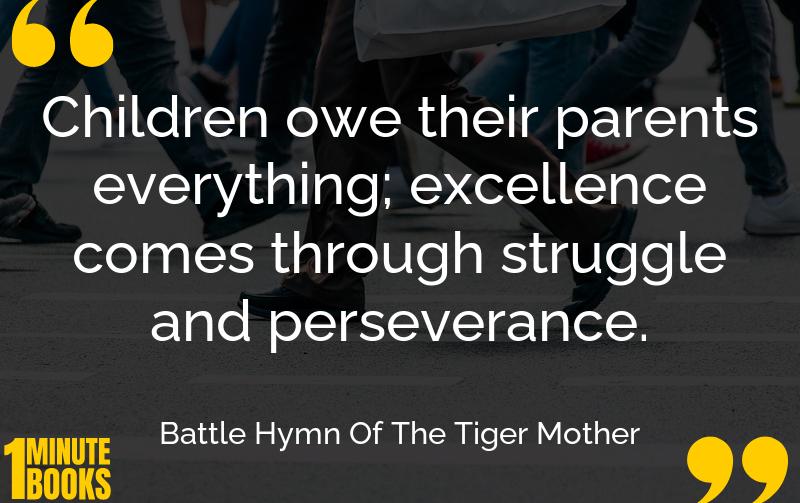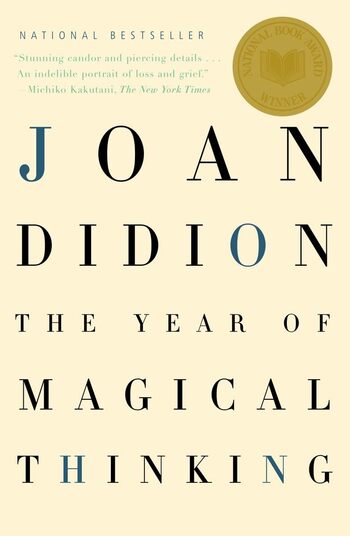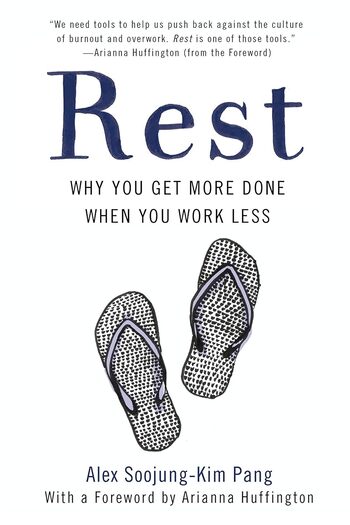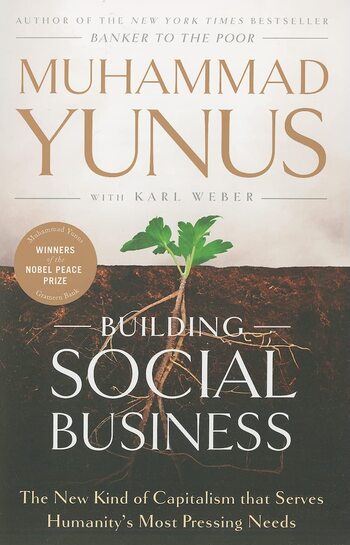
Battle Hymn of the Tiger Mother explores the cultural contrasts in parenting, highlighting Amy Chua’s strict ‘Chinese’ parenting approach and its outcomes on her daughters, raising them with discipline and high expectations.
Main Lessons
- Chinese and Western parental mindsets differ significantly, especially in discipline and expectations.
- Chinese parents prioritize skill-building over nurturing self-esteem, believing hard work leads to success.
- Respecting elders is fundamental, and children are seen as owing their success to parents’ dedication.
- Western parents tend to protect children’s feelings; Chinese parents emphasize resilience and improvement.
- Freedom in childhood choices is limited in Chinese parenting, focusing on skill mastery and accolades.
- Chinese parents often favor direct communication, even if it seems harsh, prioritizing real feedback over tact.
- Success and discipline are intertwined, with achievements expected in academics and extracurriculars.
- Tiger parenting may seem restrictive but aims to instill confidence through mastery and hard work.
- The recent generation of Chinese immigrants shows a shift towards Western ideals, potentially lessening discipline.
- Chua’s upbringing illustrates the traditional formula’s effectiveness but questions its adaptability today.
- A strict upbringing doesn’t equate to unhappiness; children often express gratitude for their parents’ efforts.
- Achieving happiness isn’t a direct goal in Chinese parenting, yet many children report feeling content.








